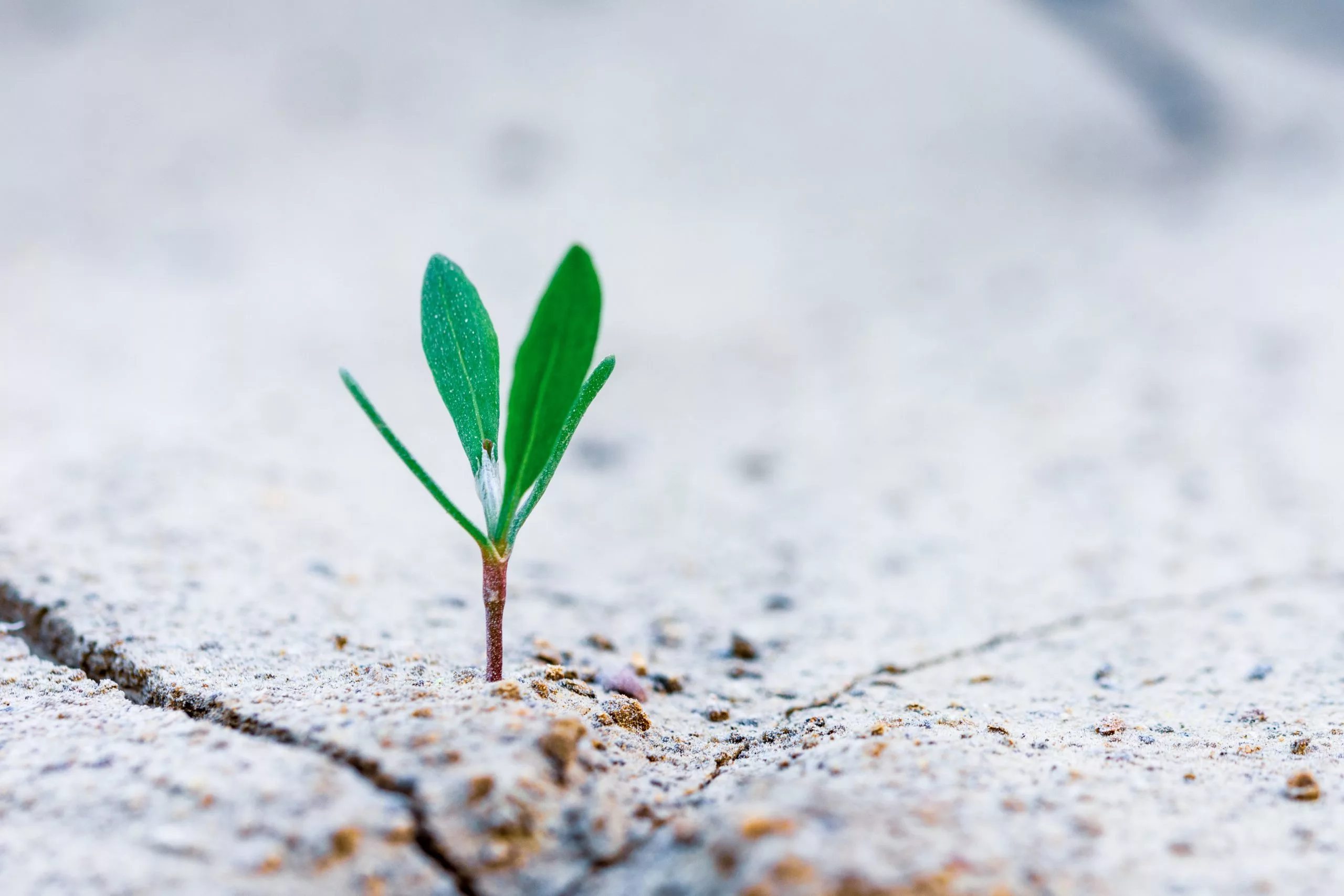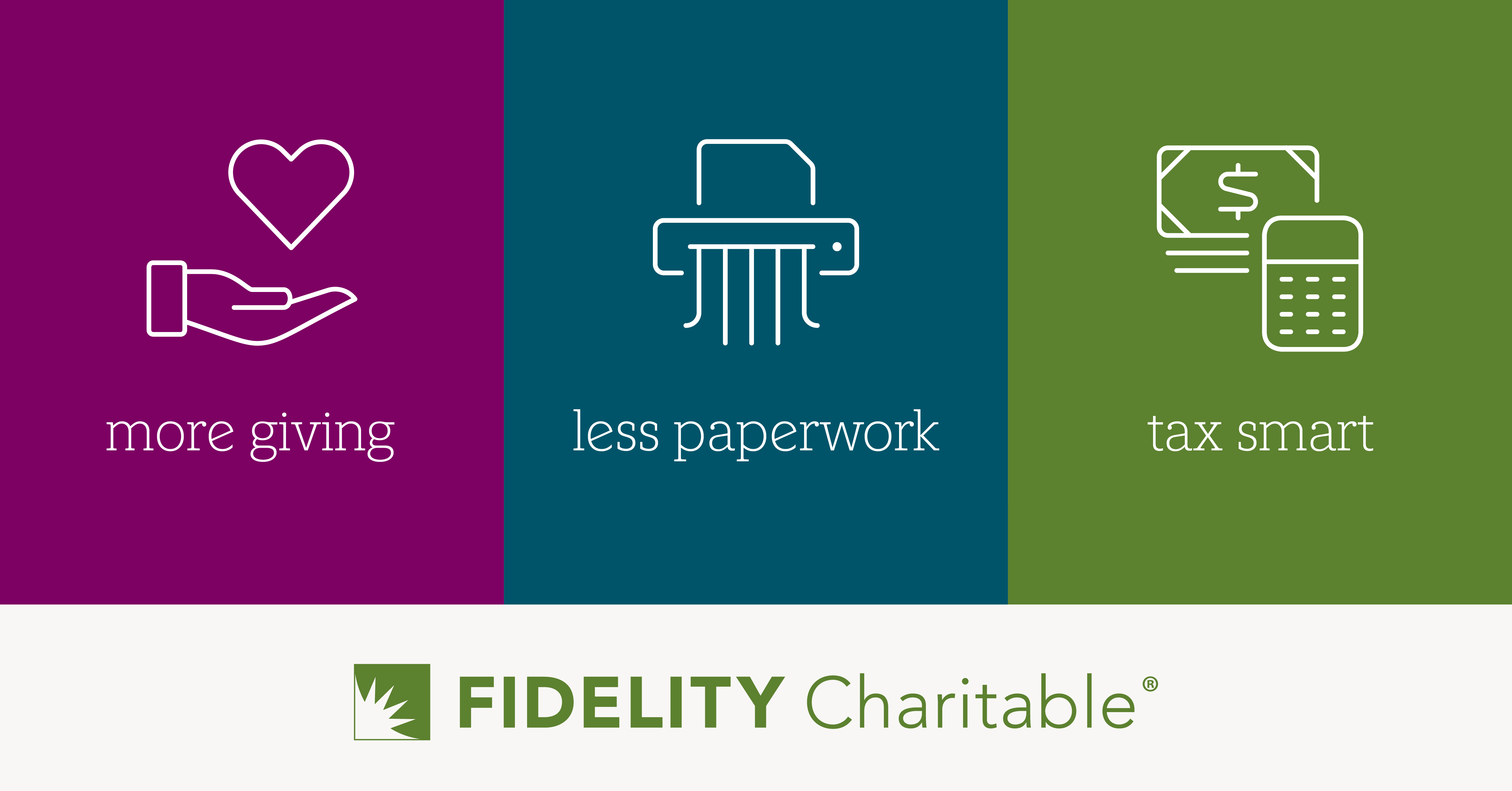Sadly, it can occasionally take a global disaster like Coronavirus to cause people to sit up and take notice of the dangers posed by climate change.
The COVID-19 pandemic has forced many nations worldwide into lockdown. While our self-isolation may be over just weeks into the future, our time at home has been long enough to illustrate the importance of embracing sustainability.
There have been questions raised about the state of the wildlife trade in China, but life in lockdown has also enabled citizens around the world to stop and reconsider their environment.
With much of Asia, Europe, and America experiencing a slowdown in cases, a return to some level of normality may finally be in sight. But how will we approach the topic of sustainability after the pandemic?
There’s mounting evidence that we could be returning to a healthier world in the wake of Coronavirus – let’s see how we could reset our damaging lifestyles following the lifting of lockdowns.
Welcome to The Remote World
According to the BBC, life in quarantine has led to reduced carbon emissions worldwide. Organizations like NASA and the European Space Agency have found that nitrogen dioxide emissions have also fallen heavily in China – further showing the positive ramifications of national lockdowns. The country’s carbon footprint has also shrunk by a quarter since the start of the isolation period, according to the Centre for Research on Energy and Clean Air.
In Europe, Italy’s lockdown has led to positive effects on the ecosystem. Images of Venice’s canals looking remarkably clean after drops in boat traffic and nitrogen dioxide levels have dropped significantly across the country.
Coronavirus has provided employees and employers alike with an insight into how environmentally friendly a life working from home could be, without the need for domestic and international travel into offices and meetings respectively. The troubling pandemic has also shown companies that many industries are ready to transition into more WFH environments, with delegation and collaboration apps along with video conferencing platforms making remote work feel seamless.
As lockdowns are removed across recovering nations, it appears certain that many companies will look too much more WFH-friendly operations – thus limiting the levels of carbon we leave behind us on our commutes.
Sustainable Coliving
After months of lockdown, we may feel a little bit more willing to embrace co-living, and Oasa’s ambitious castle coliving project may offer environmentally conscious individuals a glimpse into a sustainable future.
COVID-19 has provided us with a snapshot of our true eco-friendliness. Isolation means that there are no more excuses when it comes to recycling and no more justifications for the use of fossil fuels for heating.
In a post-Coronavirus world, Oasa is aiming to revolutionize sustainable coliving. Lockdown has shown the wastefulness that we indulge in within our home environment. Coliving Castle, on the other hand, looks at utilizing large empty spaces and turning them into habitable and sustainable places for eco-conscious individuals.
Oasa’s aim is to create low-impact sustainable living environments from within nature, however, the organization has developed a focus on utilizing the potential of dilapidated old castles in Italy and across the south of Europe and building co-living spaces for 10-20 residents in a way that would carry zero emissions on construction materials.
As life moves on after COVID-19, we may find that co-living spaces and sustainable living will become increasingly popular. Prolonged self-isolation will help to show us the perks of community living areas as well as highlighting just how wasteful life alone in our homes can be.
Eradicating Wasteful Habits
The sad truth is that it sometimes takes a humanitarian disaster to hit the world in order to help highlight our wastefulness.
Being forced to stay indoors, WFH, or practice isolation can ultimately play a part in resetting some of our worst habits in our former lives. Our reliance on paper and plastic coffee cups while traveling to work, for instance – or our casual approach to ensuring recyclables are properly dispensed of are things we could shake out of our systems before we resume office life.
Ultimately, the time is right to take a moment to consider the wider effects of our habits and their ramifications for the environment.
There’s hope that such initiatives can transcend populations and also be observed by international governments. The International Institute for Sustainable Development claims that governments worldwide should use the pandemic to shift their focus towards building an economic stimulus based on sustainability in order to consolidate their wealth better in the future.
“Periods of high unemployment and low-interest rates are the right time for new low-carbon investments and infrastructure, including the kind required to support the transition to clean energy,” sustainability expert for the IISD, Richard Florizone elaborated.
COVID-19 has been a devastating pandemic that’s left an unprecedented pattern of destruction across the planet – from a financial and, more importantly, humanitarian perspective. If there’s one nugget of hope that emanates from the chaos, it’s that the eventual return to normal life offers everyone a new opportunity to make a fresh start in practicing sustainable living.







